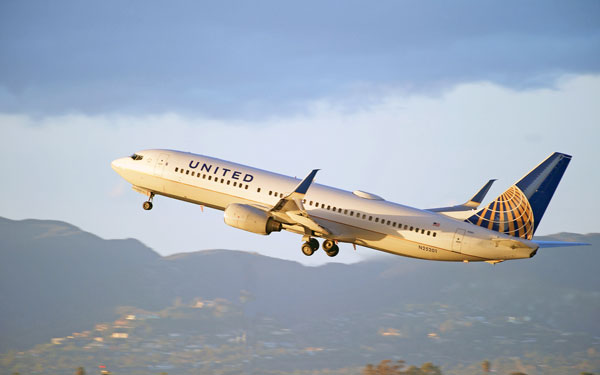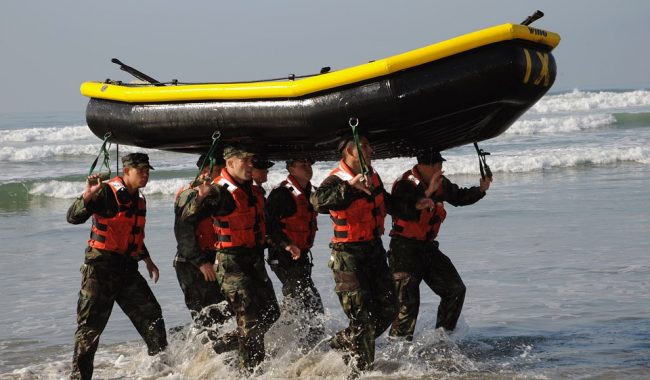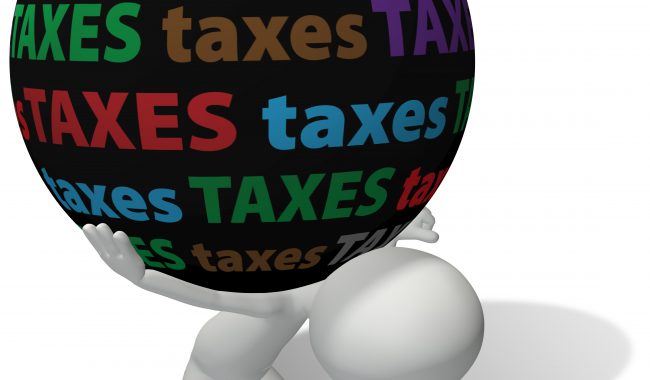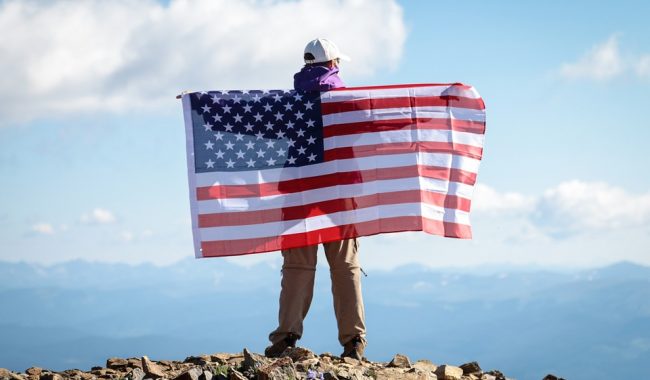I think most folks are familiar with the videos circulating on social media of the United passenger who was forcibly removed from a United flight. Regardless of whether airline was within their legal rights to remove a passenger forcibly from the flight, the actual act and the fact that the videos of the act have gone viral will likely cost United millions. Everyone who views the passenger screaming, embarrassed, bleeding, immediately both empathizes and sympathizes with the man and wants to avoid taking actions to reward perceived bad behavior on the part of the airline.
I write this blog, ironically, as I wait for a United connection. My first United flight this morning was uneventful, with no screaming or police removing recalcitrant passengers who had overstayed their welcome. Interestingly, though, the crew was unusually attentive, noting my (and the man next to me’s) premium status and almost awkwardly thanking us for our business. The passengers as well were extremely polite to each other, giving way to use the bathroom and helping each other with getting their luggage from the overhead bins. It reminded me of an article I read years ago about about how polite native New Yorkers were to each other after 9/11, and how the author knew normality was returning when New Yorkers felt they could be rude to each other again.
The response of the CEO, Oscar Munoz, left much to be desired. In the face of a clear PR crisis, his response was to say that he regretted the need to “re-accommodate” the passengers. In an email to employees a few hours later he stated “While I deeply regret this situation arose, I also emphatically stand behind all of you,” he wrote. Making it even worse, he publicly stated that his employees “followed appropriate procedures”, as if people would hear that and say “Geez, I guess that’s all good then since procedures were followed.”
Wrong. So wrong. The crisis here was not employee morale, but customer trust. And sending the message that no matter what mistakes employees made, he would stand behind them and insist that they were right sends the message to the customers that they don’t matter and might be the next person dragged off a plane kicking and screaming, for no other reason than United decided to give their seat to a United employee.
To be fair to United, the passenger didn’t handle the situation very well. A plane ticket does not give the irrevocable right to fly on a plane, and airlines like most businesses reserve the right to refuse service. The passenger either had some critical life event to attend, was having a really bad day, didn’t understand the situation clearly, or just wanted to make a point. Or some combination of those reasons. All of this is irrelevant to United, who let what should have been one of the 430,000 passengers bumped annually without incident from a flight in the U.S. turn into a PR nightmare for them.
I have been a 1K member on United for 8 years now. I have noticed a significant change in how I have been treated from the time when I was a regular Joe flying on the cheapest ticket to someone who provides the airline significant income every year. However, in the last few years I have noticed a number of times when United employees have treated other passengers with less courtesy than they treated me. When traveling through Chicago a few months ago I wanted to stop into a United Club. The gentleman behind the desk must have been having a bad day, because without actually looking at me or my ticket he stated that I wouldn’t be able to get into the club without paying a fee since I was traveling with my family. In his words “Even your Gold status doesn’t get you in for free.” When I clarified that I was not only a 1K member (the highest status next to the secretive Global Service status) but also a paying club member, he became irritated and flustered and demanded to see my United Club card, even though if he had simply scanned my boarding card he would have received all of my information. Rather than get into an argument, I simply took his name and sent an email to United customer service.
United’s response was interesting, particularly in the context of Mr. Munoz’ response to his own PR crisis.
“We usually do not compensate for employee behavior however as a compassionate goodwill gesture I am issuing you a $150.00 electronic travel certificate that will be sent in a separate email. Please allow 3 to 5 business days for processing.”
In other words, we always stand behind our employees over our customers, however here is a small token so that you continue to give us thousands of dollars per year in business. Now please go away.
I also recall an incident from a few years ago when I stood in a United gate line reading email on my phone when a United gate attendant grabbed my phone from my hand. When I looked up with surprise she gave it back and said “Startled you, didn’t I.” She might have been trying to be funny, but she left me feeling angry and wondering how a company would allow their employees to behave that way towards customers. I didn’t complain about that incident, but the $150 credit I might or might not have received probably wouldn’t have made me that much less angry.
United has a deeper issue here, customer trust. Every business should focus upon their most valuable customers, but when you create an employee culture that makes it ok to treat anyone other than your most valuable customers rudely and in the case of the unfortunate man dragged from the plane, with physical violence, your customers will notice, including your best customers. Without your customers, your employees won’t have jobs. Standing behind your employees when they have made decisions that violate the customers’ trust is a sure way to ensure that your customers find another provider. Employees that make bad decisions or treat customers badly need to be counseled and corrected, and if the behavior continues, fired. I have little confidence that the employee who was rude to me was ever spoken to, but I do have complete confidence that had I not had elite status on the airline that even my token $150 credit would not have been forthcoming.
As United stated, “We usually do not compensate for employee behavior.” This culture is what resulted in the viral videos of the screaming passenger being dragged off of the plane.





7 Responses
Ok this was one of the funniest replies from one of my readers…. http://www.duffelblog.com/2017/04/pentagon-awards-contract-united-airlines-forcibly-remove-assad/
I am sure, now in retrospect, United wished it simply kept raising the compensation for any passenger willing to take a later flight until they got some takers. Clearly, the $800 plus hotel and flight the next day was not enough for those on the plane who were anxious to get home. Considering how inconvenient it is to fly today, traffic, parking, tsa, etc, we work so hard to get on a flight now days that it is unlikely $800 would make it worth doing it again. Yes, I get the rules, but if 800 bucks wasn’t enough to move me out of my seat, I’d have been pissed too.
No doubt Mark. The decision to forcibly remove a passenger to make room for a United employee should be made at a relatively high level because of the obvious consequences. And they should have adjusted to the situation as it developed. Hindsight is 20/20 of course but if your corporate culture is that the employee is always right, this is what you end up with.
Eric,
Good read! The last two times I’ve flown with United they were overbooked on both flights. The customers were asked if they want to give up their seat for a $250 voucher. On my 2nd flight I pressed the button to give up my seat as I was not pressed for time on my way to Austin. Overbooking is the biggest problem with United. I fly Southwest for the most part and not once have they overbooked a flight. If United can get a handle on this, it will alleviate much of their problems with their customers.
Thanks for reading Bates! That’s part of it, I agree. The current minimum overbooking compensation requirements were made over a decade ago when most people flew on refundable fares. Today, 90% of people fly on non-refundable fares, so when they cancel the airline keeps the money (usually as a voucher), charges them a fee, and resells the seat. There is no reason to overbook so heavily. In 2016 475K passengers were bumped for overbooking in the US (across all airlines). That feels like way too many to me.
Eric
good article; I recently flew with Delta thru the bad weather day in Atlanta last Wednesday. I never got to my destination and still had to pay another airline to get back to SD.
Hi Carl, thanks and thanks for reading! I’ve been trying Delta as well, about 70% of the Delta flights have been delayed. I read that one of the legislative changes they’re proposing as a result of the United fiasco is to require carriers to book you passage on another carrier if your flight is canceled and they can’t accommodate you on a comparable flight on their own planes. That would be beneficial for customers, I think.